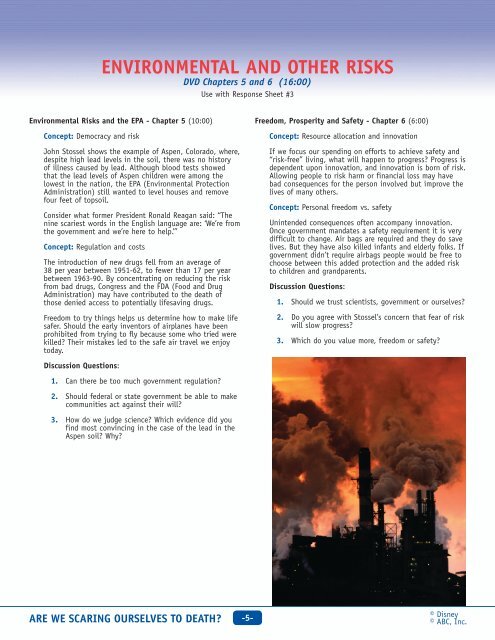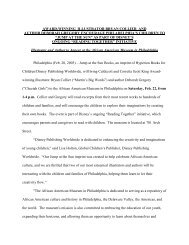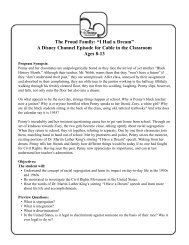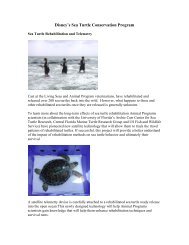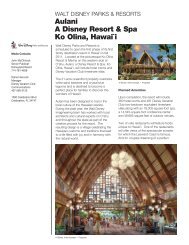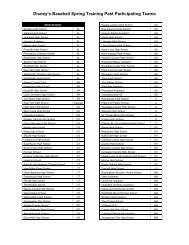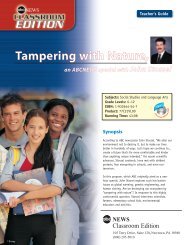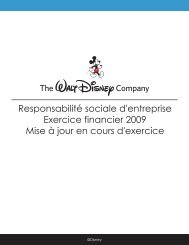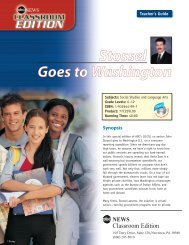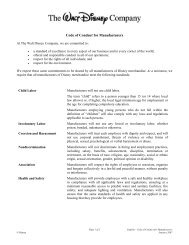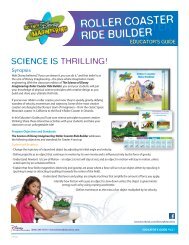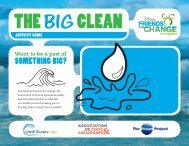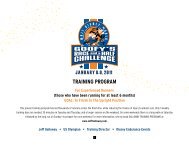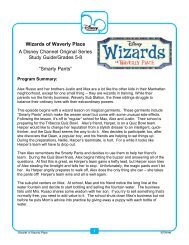john stossel are we scaring ourselves to death?
john stossel are we scaring ourselves to death?
john stossel are we scaring ourselves to death?
Create successful ePaper yourself
Turn your PDF publications into a flip-book with our unique Google optimized e-Paper software.
ENVIRONMENTAL AND OTHER RISKSDVD Chapters 5 and 6 (16:00)Use with Response Sheet #3Environmental Risks and the EPA - Chapter 5 (10:00)Concept: Democracy and riskJohn S<strong>to</strong>ssel shows the example of Aspen, Colorado, where,despite high lead levels in the soil, there was no his<strong>to</strong>ryof illness caused by lead. Although blood tests sho<strong>we</strong>dthat the lead levels of Aspen children <strong>we</strong>re among thelo<strong>we</strong>st in the nation, the EPA (Environmental ProtectionAdministration) still wanted <strong>to</strong> level houses and removefour feet of <strong>to</strong>psoil.Consider what former President Ronald Reagan said: “Thenine scariest words in the English language <strong>are</strong>: ‘We’re fromthe government and <strong>we</strong>’re here <strong>to</strong> help.’”Concept: Regulation and costsThe introduction of new drugs fell from an average of38 per year bet<strong>we</strong>en 1951-62, <strong>to</strong> fe<strong>we</strong>r than 17 per yearbet<strong>we</strong>en 1963-90. By concentrating on reducing the riskfrom bad drugs, Congress and the FDA (Food and DrugAdministration) may have contributed <strong>to</strong> the <strong>death</strong> ofthose denied access <strong>to</strong> potentially lifesaving drugs.Freedom <strong>to</strong> try things helps us determine how <strong>to</strong> make lifesafer. Should the early inven<strong>to</strong>rs of airplanes have beenprohibited from trying <strong>to</strong> fly because some who tried <strong>we</strong>rekilled? Their mistakes led <strong>to</strong> the safe air travel <strong>we</strong> enjoy<strong>to</strong>day.Discussion Questions:1. Can there be <strong>to</strong>o much government regulation?2. Should federal or state government be able <strong>to</strong> makecommunities act against their will?3. How do <strong>we</strong> judge science? Which evidence did youfind most convincing in the case of the lead in theAspen soil? Why?Freedom, Prosperity and Safety - Chapter 6 (6:00)Concept: Resource allocation and innovationIf <strong>we</strong> focus our spending on efforts <strong>to</strong> achieve safety and“risk-free” living, what will happen <strong>to</strong> progress? Progress isdependent upon innovation, and innovation is born of risk.Allowing people <strong>to</strong> risk harm or financial loss may havebad consequences for the person involved but improve thelives of many others.Concept: Personal freedom vs. safetyUnintended consequences often accompany innovation.Once government mandates a safety requirement it is verydifficult <strong>to</strong> change. Air bags <strong>are</strong> required and they do savelives. But they have also killed infants and elderly folks. Ifgovernment didn’t require airbags people would be free <strong>to</strong>choose bet<strong>we</strong>en this added protection and the added risk<strong>to</strong> children and grandp<strong>are</strong>nts.Discussion Questions:1. Should <strong>we</strong> trust scientists, government or <strong>ourselves</strong>?2. Do you agree with S<strong>to</strong>ssel’s concern that fear of riskwill slow progress?3. Which do you value more, freedom or safety?ARE WE SCARING OURSELVES TO DEATH?-5-© Disney© ABC, Inc.


